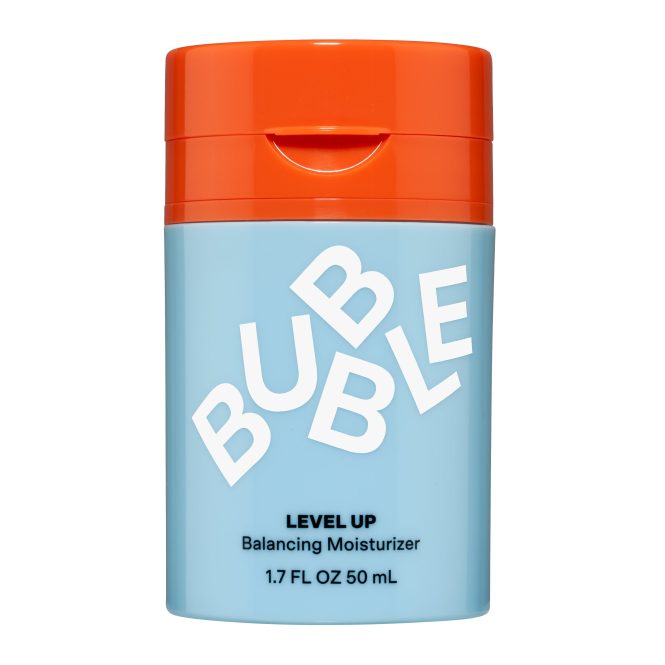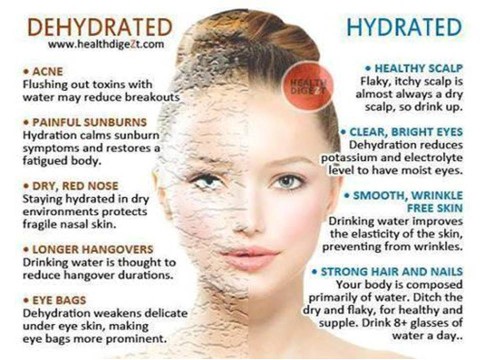

Skincare for dry skin focuses on replenishing moisture and restoring the skin’s natural barrier function. Dry skin is a common concern, often exacerbated by factors like weather changes or underlying health conditions. This comprehensive guide provides expert-backed tips, ingredients, and routines for achieving and maintaining hydrated skin. We’ll delve into identifying dry skin types, understanding the root causes, and exploring effective skincare solutions to revitalize your complexion. The structure of this article will cover essential steps from choosing the right products to maintaining consistent routines. You will learn practical steps to achieve healthy-looking, hydrated skin.
Understanding Dry Skin and Its Causes
Identifying Dry Skin Types
Dry skin, a common skin condition, presents various degrees of dryness. It’s characterized by a lack of moisture, leading to visible signs like flakiness, tightness, and sometimes itchiness. This dryness can be intermittent or persistent and is frequently aggravated by environmental factors and lifestyle choices.
Underlying Causes of Dry Skin
Several factors contribute to dry skin, including genetics, environmental conditions like harsh weather, and certain medical conditions. The skin’s natural moisture barrier can be compromised by insufficient hydration, improper skincare routines, or even underlying health issues. Weather changes, like winter’s cold and dry air, can significantly impact skin moisture levels. Furthermore, lifestyle choices like smoking and certain medications may also contribute to dryness. Identifying the specific contributing factors is vital to creating a targeted skincare strategy. Sometimes, the use of harsh soaps and excessive showering can also remove essential oils, resulting in drier skin.
Developing a Personalized Skincare Routine
The Importance of a Consistent Routine
Consistency is paramount in any skincare routine, especially for individuals with dry skin. A regular skincare regimen, followed diligently, can help replenish moisture, repair the skin barrier, and improve its overall health. It can help in stabilizing moisture retention and reducing the visible signs of dryness. A daily schedule ensures that your skin receives the consistent care it needs to maintain moisture levels.
Essential Skincare Products for Dry Skin
Specific products formulated for dry skin types are crucial. Look for moisturizing cleansers, hydrating serums containing ingredients like hyaluronic acid and ceramides, and intensely moisturizing creams or lotions. These products will help replenish lost moisture, strengthen the skin barrier, and promote healthy hydration. The key is selecting products that are suitable for your individual skin type and concerns, avoiding harsh chemicals and fragrances that can further irritate sensitive skin.
The Role of Diet and Lifestyle in Skin Health
Hydration from Within
Proper hydration is vital for overall skin health. Consuming an adequate amount of water throughout the day is essential for maintaining optimal skin moisture levels. A diet rich in fruits and vegetables provides essential vitamins and minerals that support skin health and contributes to a more radiant complexion. Consider incorporating foods rich in omega-3 fatty acids, such as salmon and nuts, for additional moisture support.
Limiting External Irritants
Dry skin can be further aggravated by external factors. Minimize exposure to harsh environments, like extremely hot or cold temperatures, and limit sun exposure, as excessive sun can dehydrate the skin. Using humidifier can also help in maintaining suitable humidity in your home or workplace, especially during dry seasons, and can significantly reduce moisture loss. Additionally, avoid harsh soaps or cleansers that strip natural oils.
Advanced Treatments and Professional Guidance
Professional Consultation
Consulting a dermatologist can be beneficial for identifying underlying causes of severe dryness and recommending customized treatments. They can evaluate your specific skin condition and provide tailored recommendations for skincare products, treatments, or lifestyle adjustments. This personalized approach is crucial for achieving long-term results for dry skin.
Exploring Advanced Treatments
Advanced treatments such as topical creams containing higher concentrations of moisturizing ingredients or prescription-strength moisturizers might be necessary for severe cases of dry skin. These options may be considered after consulting a dermatologist to ensure they are appropriate for your individual needs.
Maintaining a Long-Term Skincare Strategy
Consistent Routine
Establishing a consistent skincare routine, incorporating the principles described above, is key for achieving and maintaining hydrated skin for the long term. A consistent routine will enhance the effectiveness of your skincare regimen and lead to improved long-term results. Regular monitoring of your skin’s response to different products and adjustments to the routine, as needed, is crucial.
Addressing Specific Concerns
Addressing concerns like dryness, flakiness, or any other specific skin issues that might emerge in relation to dry skin, are essential components of an effective long-term strategy. This might entail exploring different products, adjusting the frequency of application, or incorporating specialized treatments.
Frequently Asked Questions
What are the best moisturizers for dry skin?
There are many excellent moisturizers available for dry skin, ranging from basic creams to specialized products with added ingredients like ceramides or hyaluronic acid. Choosing the best moisturizer for you often involves experimentation and paying close attention to how your skin reacts to different formulations. The best approach is to start with a basic moisturizer suitable for dry skin and see if it addresses your needs. If necessary, consider incorporating other products into your routine, such as serums or oils, depending on the severity of your dry skin. Consulting a dermatologist can guide you in the selection of appropriate products.
How can I prevent dry skin from recurring?
Preventing dry skin recurrence is often about establishing and maintaining healthy routines. Regularly moisturizing the skin is crucial; this involves using appropriate products and paying attention to the environment. Avoiding harsh soaps and excessive washing is important, as is maintaining proper hydration from within through adequate water intake and a balanced diet. If dryness persists, consult a dermatologist for personalized advice. Consider adjusting your lifestyle and identifying triggers to maintain healthy moisture levels.
In conclusion, achieving hydrated skin for dry skin types requires a multi-faceted approach. Prioritizing hydration from within, through proper diet and water intake, is crucial. Selecting the right skincare products, especially those formulated with ingredients like ceramides and hyaluronic acid, is equally important. Consistency is key; sticking to a routine and addressing specific concerns like dryness and flakiness will help you achieve noticeably healthier-looking and more hydrated skin. For personalized advice and expert guidance, consulting a dermatologist can be beneficial. Visit our website for more in-depth skincare advice and product recommendations.